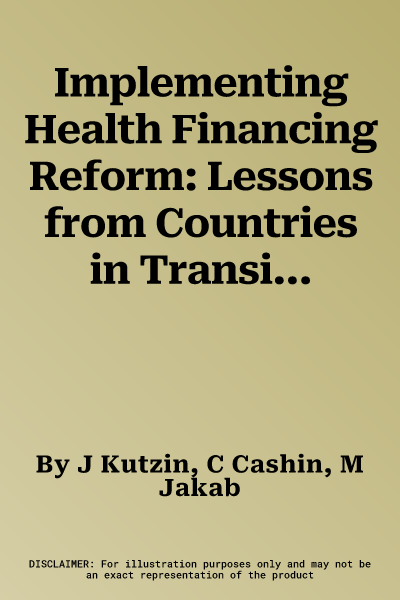Since 1990, the social and economic policies of the transition countries
of central and eastern Europe, the Caucasus and central Asia have
diverged, including the way they have reformed the financing of their
health systems.
This book analyzes this rich experience in a systematic way. It reviews
the background to health financing systems and reform in these
countries, starting with the legacy of the systems in the USSR and
central and eastern Europe before 1990 and the consequences
(particularly fiscal) of the transition for their organization and
performance. Using in-depth country case experiences, chapters focus on
how policies were implemented to change the mechanisms for revenue
collection, pooling of funds, purchasing of services and the policy on
benefit entitlements. Later chapters highlight particular reform
topics:
-the financing of capital costs;
-the links between health financing reform and the wider public finance
system;
-the financing of public health services and programs;
-the role of voluntary health insurance;
-informal payments; and
-accountability in health financing institutions.
From practical experience of implementing, advising or evaluating health
financing policies in the region, the authors offer important lessons,
as well as pitfalls to avoid in the reform process. This book is
essential reading for health finance policy-makers, advisers and
analysts in this region and beyond.

